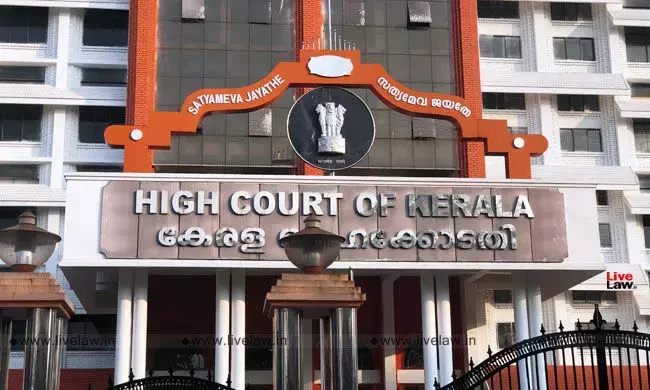No Remedy Under Article 227 For Orders Revisable U/S 115 CPC: Kerala High Court
Navya Benny
20 Aug 2022 2:30 PM IST

Where there is allegation of obstruction of natural right, civil court's jurisdiction is not barred by special Act.
Next Story
20 Aug 2022 2:30 PM IST
